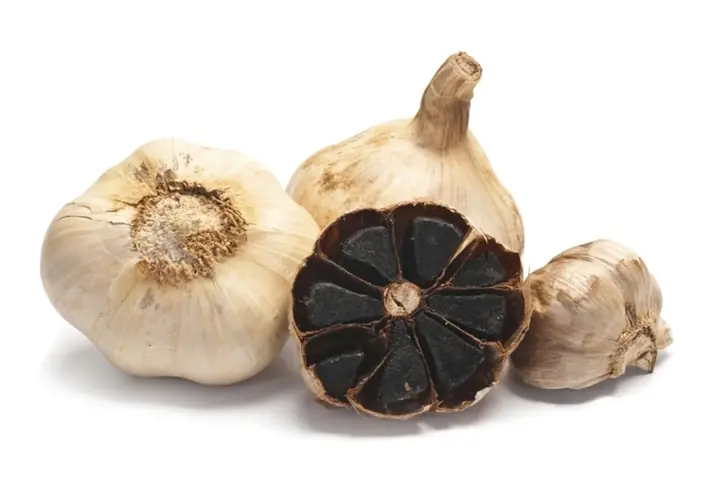
Tips to help hair grow faster and thicker

Mugwort (Artemisia vulgaris) is a traditional herb revered for its wide range of healing properties. Long used in folk medicine to treat ailments like colds, coughs, and skin conditions - including acne - mugwort is now gaining popularity for its remarkable benefits in hair care. When used as a rinse, mugwort can help stimulate hair growth, reduce hair fall, soothe scalp irritation, and even promote more restful sleep.
How to Make and Use Mugwort Hair Rinse
Step 1: Prepare the Leaves
Take a generous handful of mugwort leaves - fresh or dried - and rinse them clean. Add them to a pot of water and bring it to a boil. Let the mixture simmer for several minutes so the nutrients can steep into the water.
Step 2: Let It Cool
Once done, allow the water to cool to a lukewarm temperature. For quicker cooling, add a bit of cold water. The rinse should be warm enough to be comfortable, but not too hot.
Step 3: Apply to Scalp and Hair
Gently pour the mugwort-infused water over your hair and scalp. Use your fingertips to massage your scalp, helping the herbal compounds absorb into the roots.
Step 4: Wrap and Let Sit
Wrap your hair in a soft towel and allow the rinse to work for about 10 minutes. This waiting time ensures your scalp fully absorbs the plant's nutrients.
Step 5: Final Rinse or Shampoo
After the treatment, either rinse with warm water or wash your hair as usual using a mild shampoo.
This herbal rinse can be done two to three times weekly. However, avoid washing your hair late at night - especially during cold weather - as sleeping with damp hair can lead to discomfort or illness. Always dry your hair thoroughly before bed.
Benefits of Mugwort for Hair and Scalp
Cleansing and Follicle Stimulation
Mugwort effectively clears away oil, dirt, and product buildup from the scalp. By purifying hair follicles, it helps create the ideal environment for new hair to grow. Its antibacterial properties also reduce dandruff and itchiness.
Warming Effect and Improved Circulation
Known for its warming qualities, mugwort can help the body dispel cold and dampness. When applied to the scalp, it enhances blood flow and eases symptoms of stiffness or cold-induced pain. This warming effect contributes to healthier hair growth and a more nourished scalp.
Promotes Relaxation and Better Sleep
Mugwort’s natural aroma has a calming, stress-relieving quality. Using it as a rinse can help you unwind, making it easier to fall asleep and improving sleep quality. Be sure to let your hair dry completely before sleeping to prevent catching a chill.
A Few Tips to Keep in Mind
-
Be Consistent: Natural treatments work best when used regularly. You may need a few weeks of continued use to notice fuller, shinier hair and a healthier scalp.
-
Don’t Sleep with Wet Hair: Damp hair can make you more prone to catching a cold or feeling uncomfortable during the night.
Incorporating mugwort into your hair care routine is a gentle, holistic way to enhance hair strength, encourage growth, and improve overall scalp health. As with any herbal remedy, consult with a healthcare provider if you have sensitive skin, scalp conditions, or are pregnant, to ensure it's safe for your individual needs.
News in the same category


4 Healing Drinks to Prevent and Dissolve Kidney Stones

Top vegetable to help reduce visceral fat extremely effectively, nutritionist reveals 4 more easy ways to lose weight
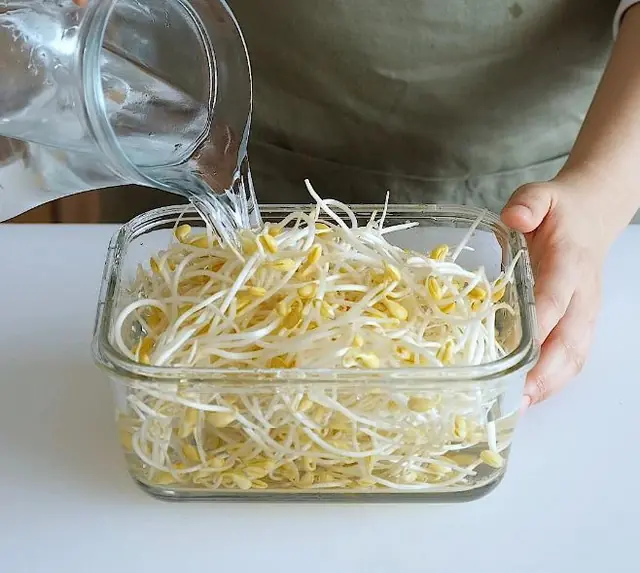
3 Common Yet Har.mful Ways People Store Bean Sprouts — Convenient but Nutrient-Depleting and Risky to Health

2 Hidden Spots in Your Washing Machine That Make Clothes Dirtier

Summer, how to choose the right naturally sweet ripe watermelon: No need to type, just look at one spot and you'll know right away

2 "hidden corners" of the washing machine that make clothes dirtier the more you wash them, 90% of people don't know

These 5 plants are the "nemesis" of formaldehyde: Swallow fine dust, purify air very well

8 habits to keep your kidneys healthy

3 Smart Tips to Keep Shrimp Fresh for a Year—Still Firm, Sweet, and Delicious

4 taboos when defrosting food, know and avoid "inviting disaster"

How harmful is cooking oil for pets when used in food processing?
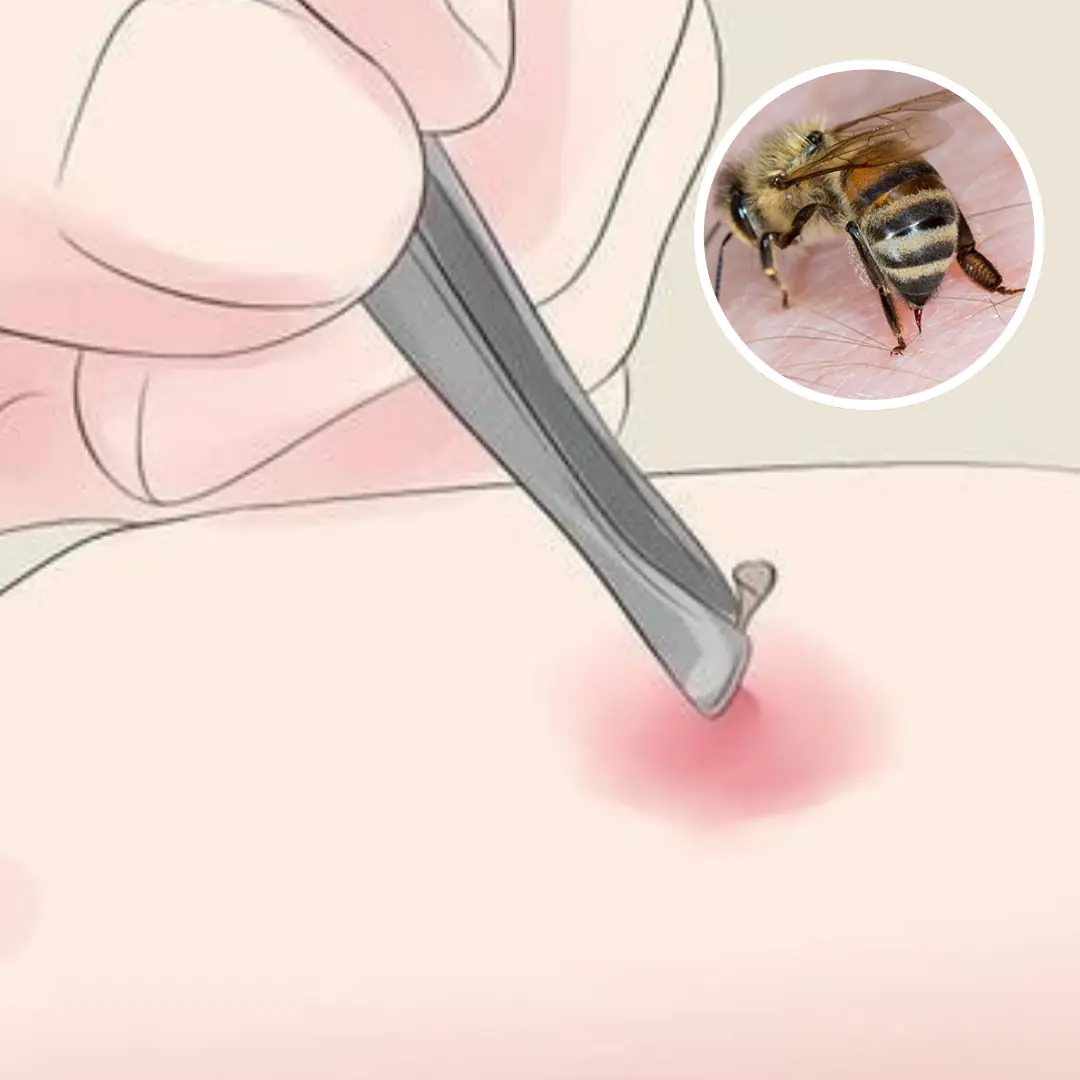
Is bee sting da.ng.erous and what is first aid?

Don’t Throw Away Lemon Peels
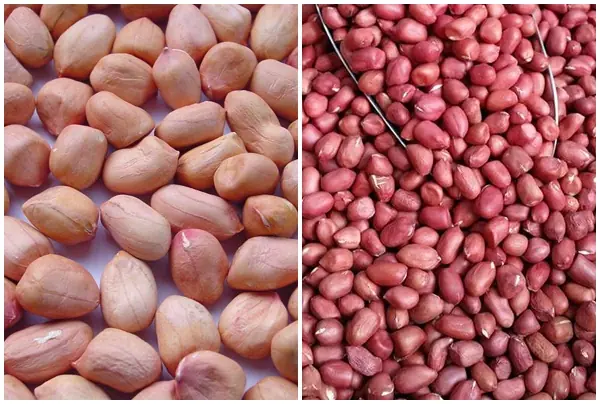
The difference between red peanuts and white peanuts

We have a habit of freezing meat and fish to eat gradually, so how long can frozen food be used to ensure safety and quality?
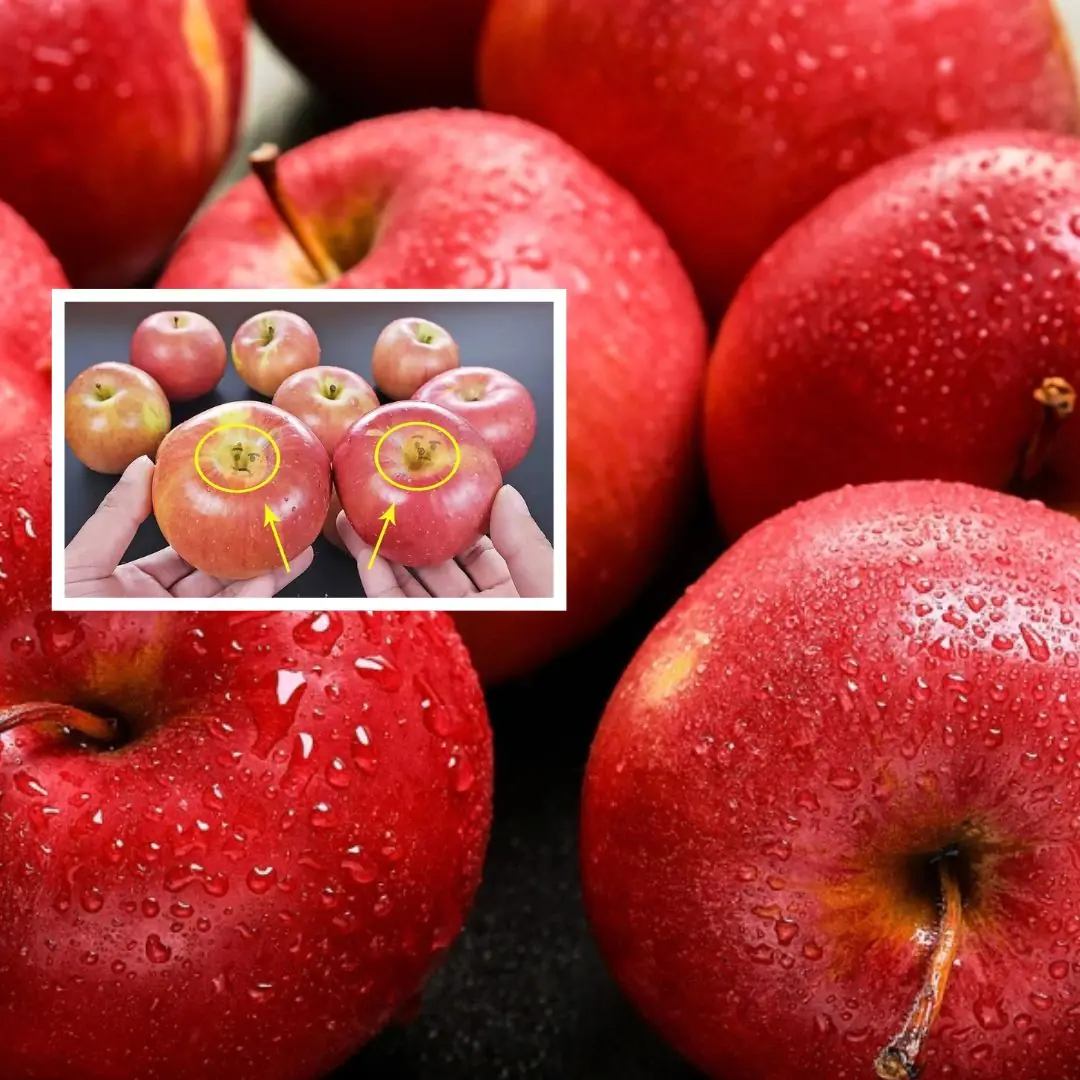
Want crisp, juicy, and delicious apples?

Ways to Maximize the Health Benefits of Cinnamon

With just a few simple tips below, you can keep ginger fresh for up to 6 months, without refrigeration, without taking much time.
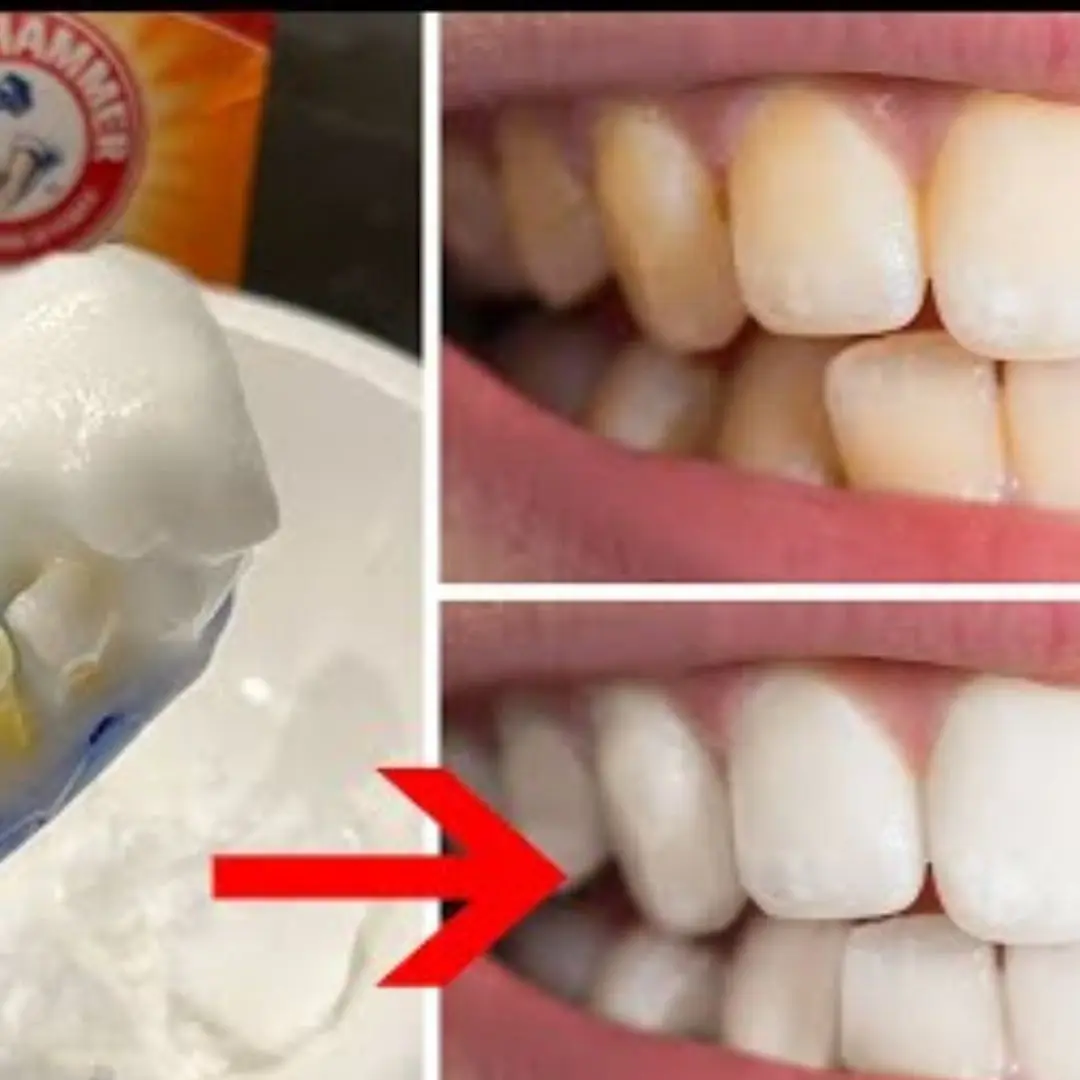
9 Natural Remedies For Teeth Whitening
News Post

Can overly hot baths harm your heart and circulation?

7 signs of brain c.a.ncer that are easily confused with other diseases

4 Things to Avoid After 5 PM to Lower Your Risk of Stro.ke

Doctors Warn: This Common Way of Eating Boiled Eggs Can Clog Your Arteries

Blanch Bones First or Simmer Directly?
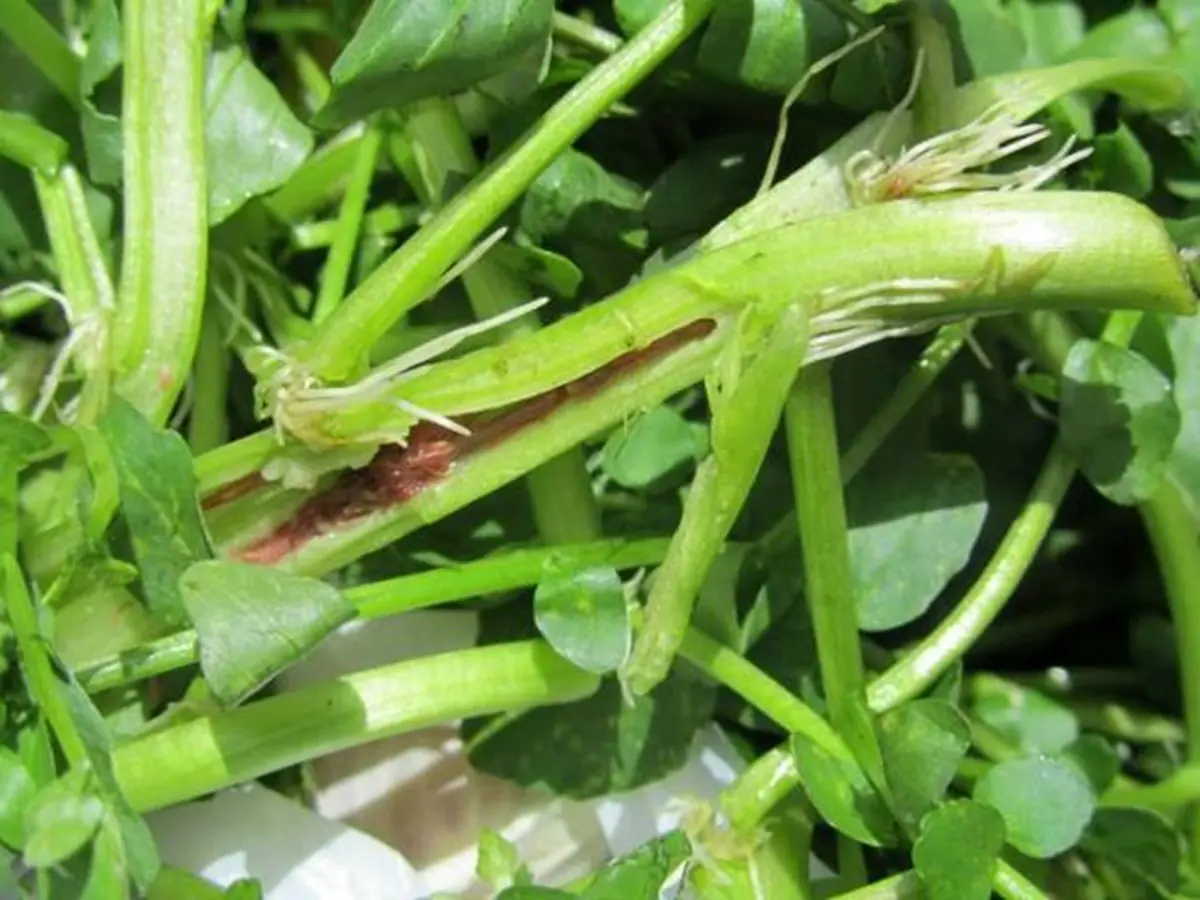
2 Common Vegetables That Can Harbor Parasites

The 'Vitamin C King' of the Vegetable World

Avoid Swimming If You Spot 'Square Waves'
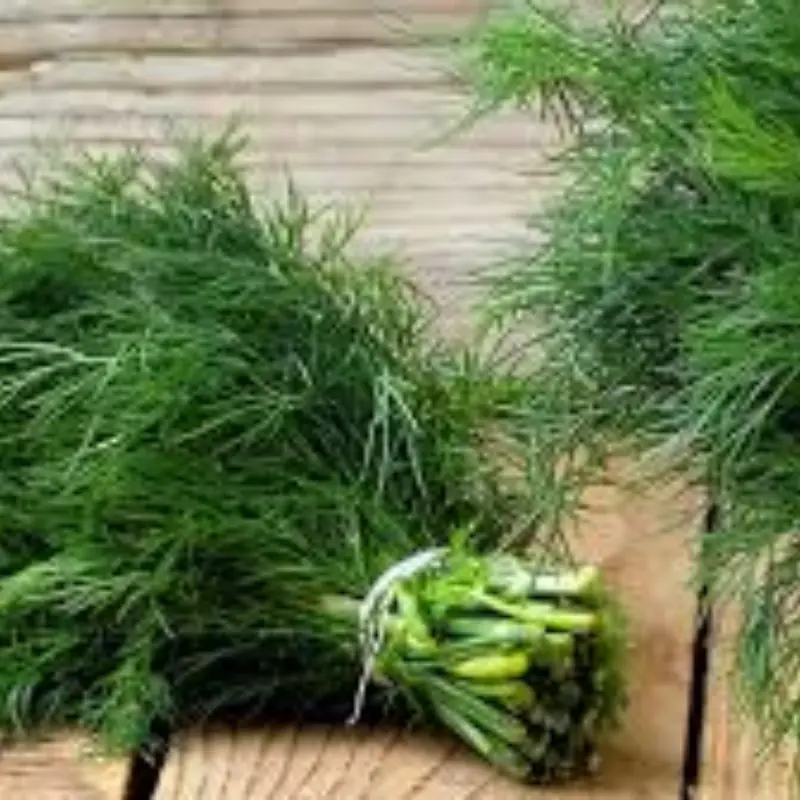
3 Green Vegetables Called the “King” of Sto.mach Protection

Why You Should Not Bring Seeds on a Plane: A Detailed Explanation
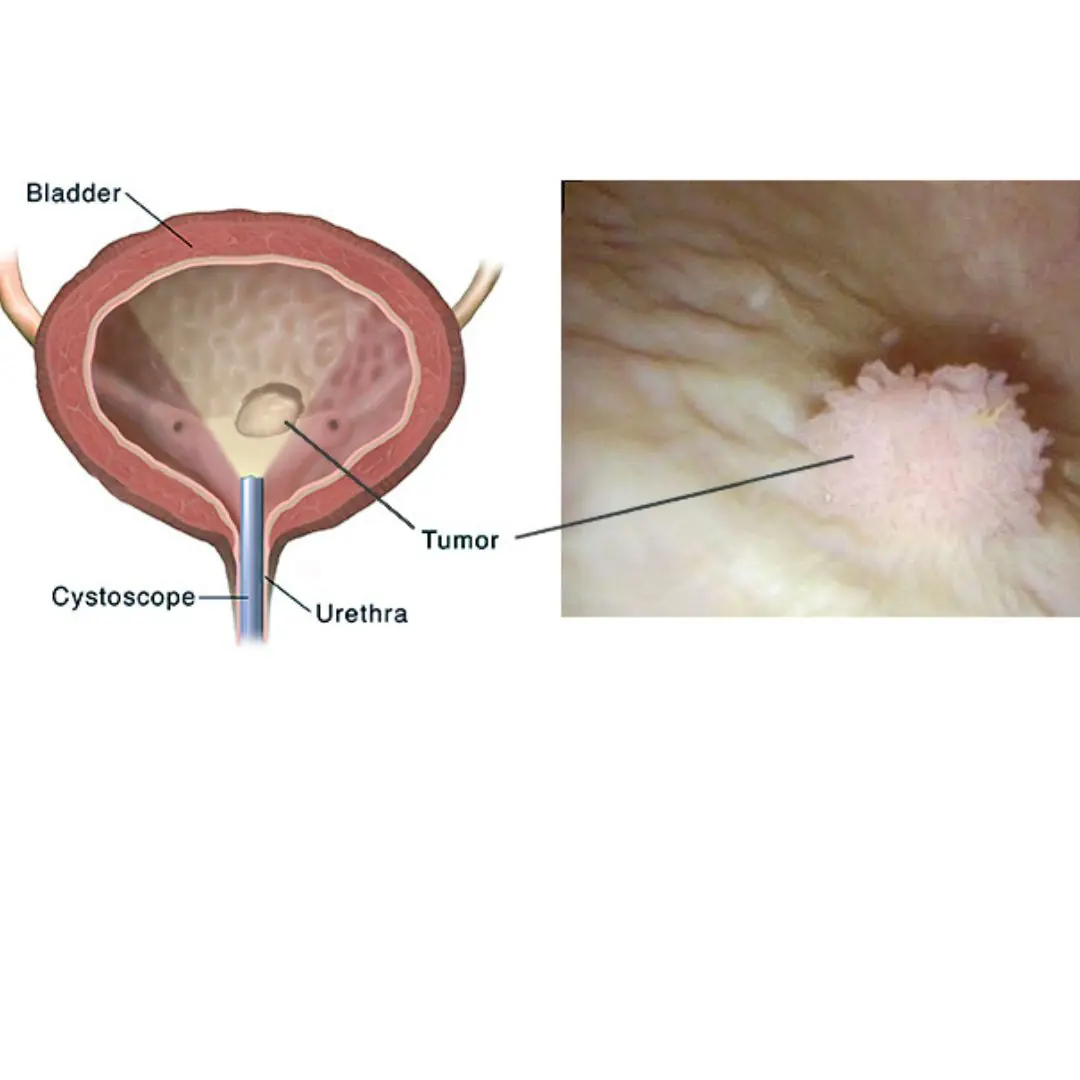
Bladder Ca.ncer: Symptoms You Shouldn’t Ignore

4 Healing Drinks to Prevent and Dissolve Kidney Stones

10 Powerful Reasons a Simple Smile Can Change Your Life

The Surprising Benefits of Donating Bl.o.od

5 types of vegetables and fruits help cool the liver and effectively lower liver enzymes

Top vegetable to help reduce visceral fat extremely effectively, nutritionist reveals 4 more easy ways to lose weight

Woman Sudden Kidney Failure After Meal: Doctor Says “This Vegetable Is Poisonous… You Shouldn’t Eat It”

3 Critical Mistakes You Must Never Make with a Stro.ke Victim — Regret Won’t Undo the Damage

3 Common Mistakes in Storing Watermelon During Summer
